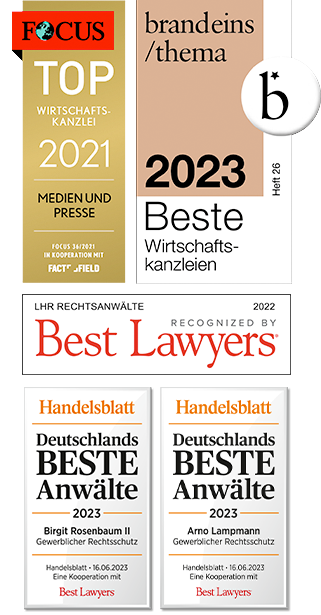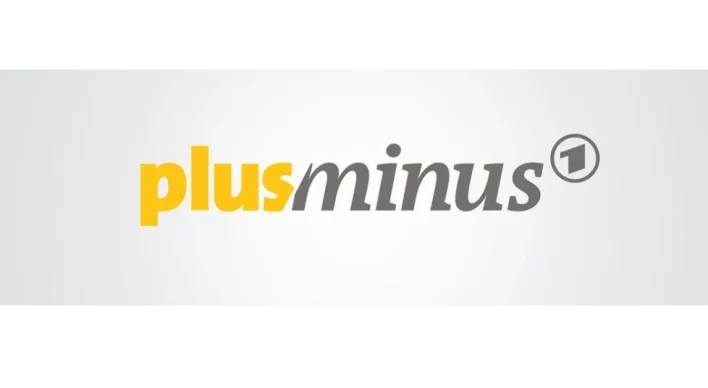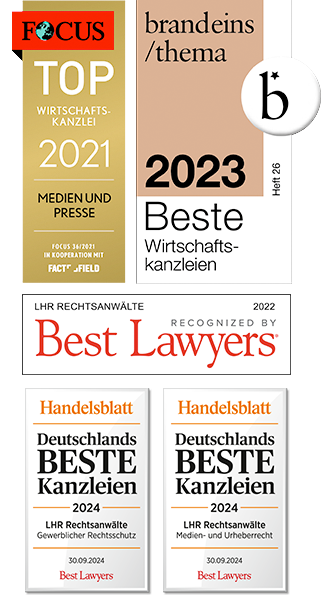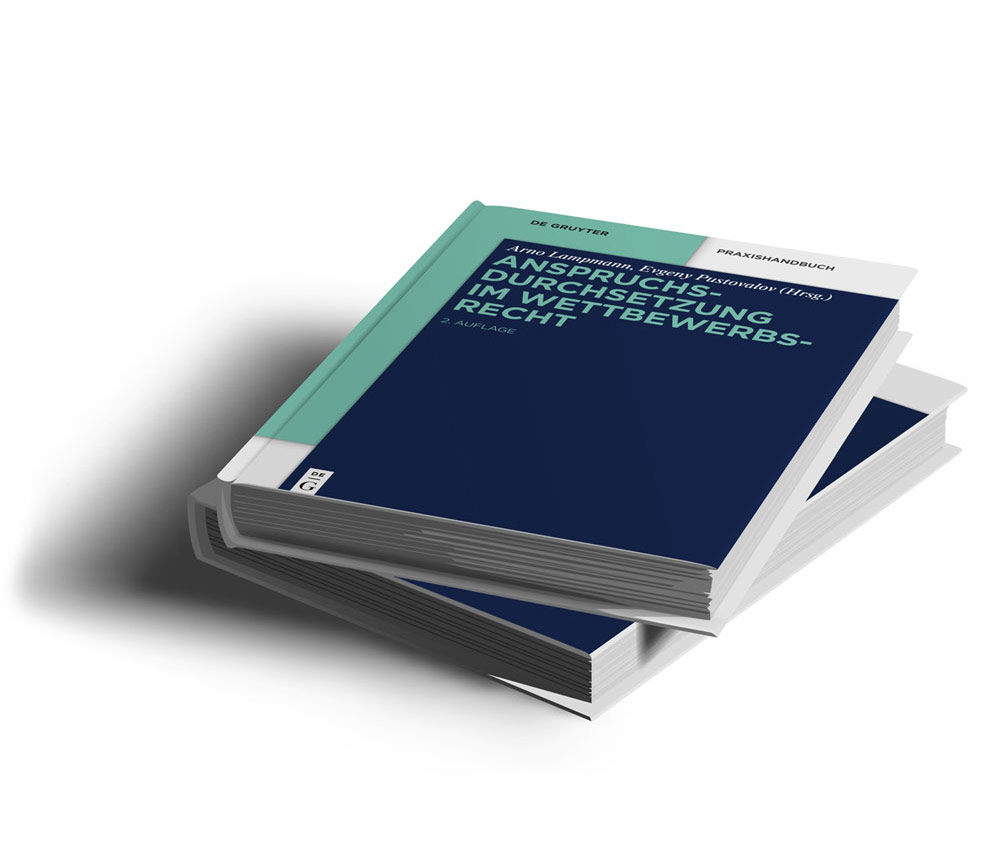LHR obtains preliminary injunction from Cologne Regional Court: Anyone advertising ‘original’ Microsoft software must not supply a DELL recovery version
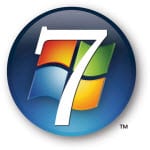
Trade in used software is permitted
Many dealers have discovered a lucrative niche for themselves, particularly with so-called ‘used software’. For understandable reasons, this market is being closely monitored by the world’s largest software provider, Microsoft. However, back in 2000, the German Federal Court of Justice clarified that the trade in used software in the form of so-called ‘OEM versions’ cannot, in principle, be prohibited by Microsoft (BGH, Urteil v. 6.7.2000, Az. I ZR 244/97).
The Federal Court of Justice recently even had to defer to the European Court of Justice on the question of whether trading in mere ‘used licences’ is permissible. The answer is yes. We reported.
However, the advertising must be truthful
Unfortunately, these liberal guidelines are often – intentionally or unintentionally – misunderstood by software retailers. For while it is of course not objectionable to offer and sell Microsoft software in the form of the above-mentioned so-called OEM versions, it is just as obviously unlawful to advertise mere OEM versions with images of original Microsoft products or the words ‘original’ and to supply the customer with a ‘recovery’ hard drive from DELL, for example, after a purchase. The problem then lies not in copyright law, but in competition law. Such behaviour is simply misleading advertising.
At the request of our law firm, the Regional Court of Cologne recently had to clarify this once again in an order dated 31 July 2013, case no. 31 O 314/13, on behalf of one of our clients against a dubious competitor and prohibited the latter from engaging in specific advertising on pain of a fine of up to € 250,000. As it was issued as an emergency injunction, the decision has no written grounds and is not yet legally binding.
The vendor had ‘attached’ itself to a software offer on Amazon that was clearly an ‘original’ version of Microsoft 7. The reference was included in the item description. The images used to illustrate the offer also showed an original Microsoft CD with a hologram. However, only a DELL recovery DVD was delivered.
3,000 € per day ‘lost profit’
According to the pre-trial correspondence, the seller was not aware of any guilt and – to put it mildly – was obviously not optimally represented. He even had his lawyer threaten him with claims for damages because Amazon had (quite rightly) temporarily blocked him completely due to the offer in question and prohibited him from continuing to offer the item. The letter in question referred to an alleged loss of profit of no less than €3,000 per day.
Contrary to what the provider had probably thought, this did not impress our client. With this information, the opponent most likely scored a typical ‘own goal’. In any case, Microsoft should be very interested in how much turnover or profit was made by advertising the OEM software as allegedly original goods. At the latest when it comes to determining the amount of damages in a trade mark infringement case. In this context, it is also interesting to note that the lowest price of the Amazon offer, which is currently still being used by numerous providers, shot up from €98 to almost €130 after our client’s opponent disappeared from the scene with his ‘cheap goods’.
Even if the opponent’s figures were probably deliberately set a little higher, the case shows how much even smaller traders can earn from software trading in a short space of time. Of course, sustainable success can only be achieved if you stay within the law. (la)
